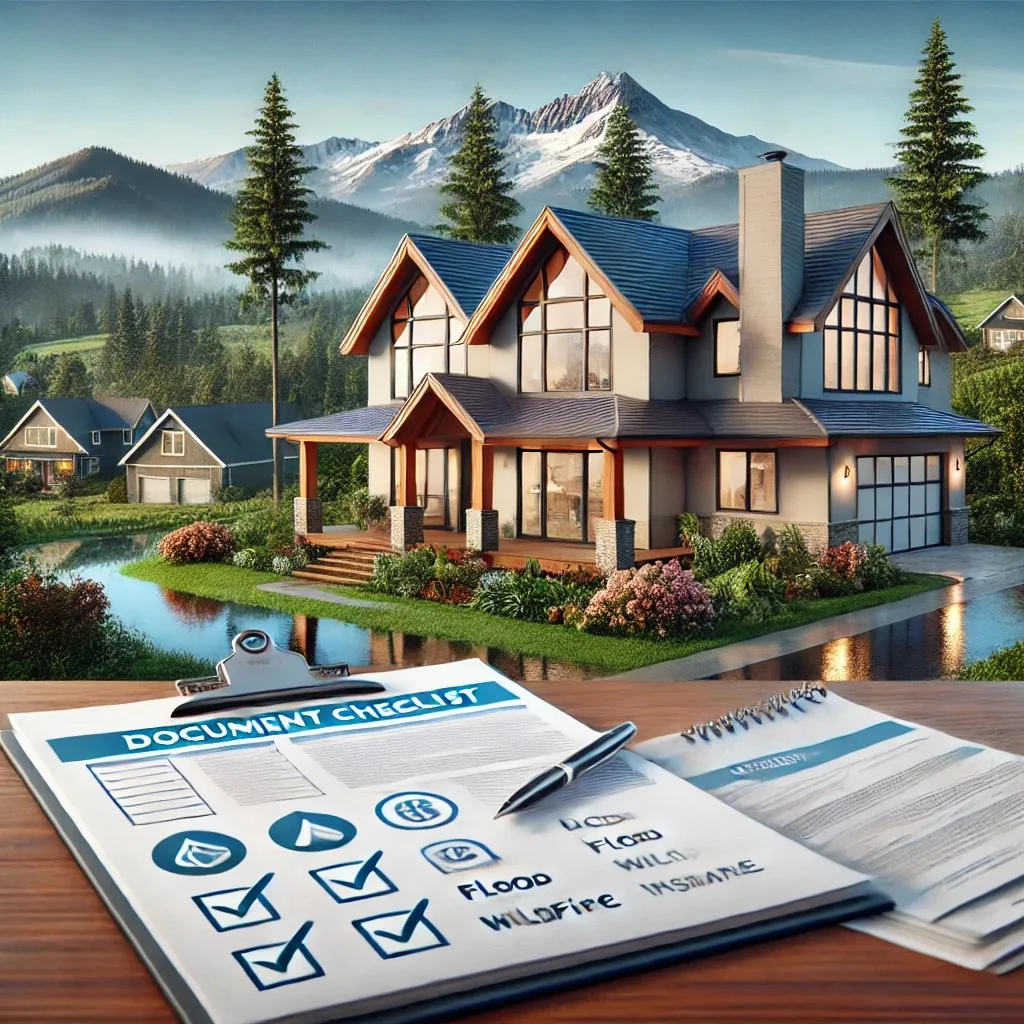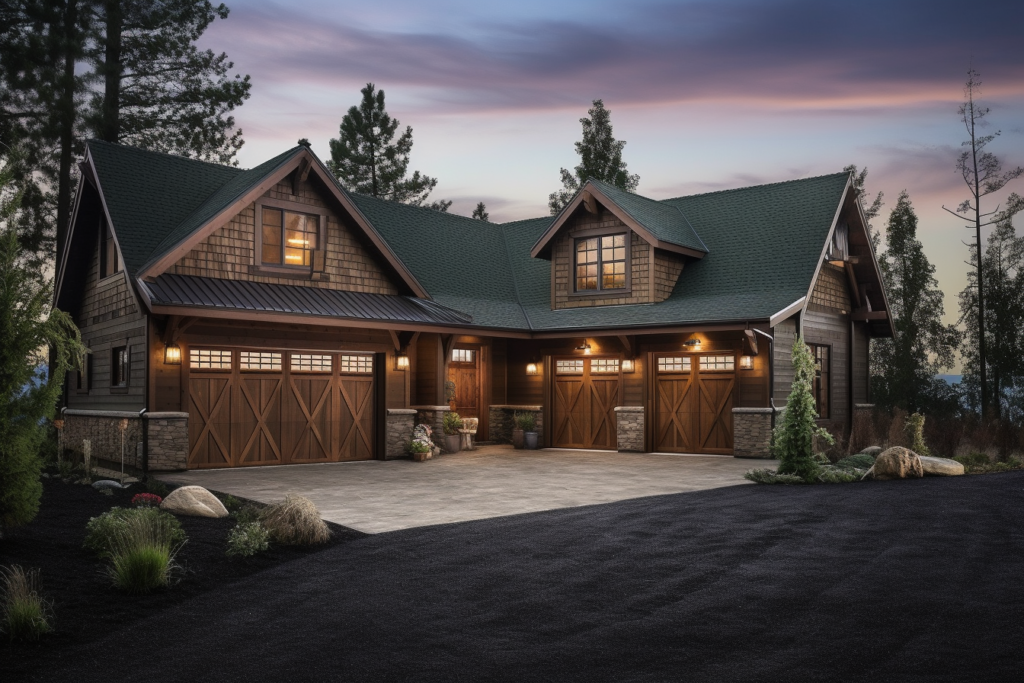When purchasing a home in Central Oregon, it’s crucial to factor in homeowners insurance costs early in the escrow period. Rising costs and difficulties in securing insurance in high-risk areas like California and the Gulf Coast provide valuable lessons for homebuyers in our region. Addressing insurance early allows you to modify or terminate your contract terms based on your findings, ensuring you’re not left with unexpected expenses or inadequate coverage.

Rising Costs and Limited Availability
Although Central Oregon may not face the same extreme risks as California or the Gulf Coast, the national trend of rising insurance costs should serve as a warning. For instance, California’s largest insurer, State Farm, has raised rates by 20%, with other major insurers pausing or restricting new policies due to wildfire risks (KPBS). This trend highlights the importance of securing insurance early to avoid higher costs or even the inability to get coverage.
The Impact of Technological Advancements
Insurers now use advanced technologies like drones and satellite imagery to assess risks more precisely. While this can lead to more accurate pricing, it often results in higher premiums and more denied applications. “Now they see all the trees around your house and they see your wood pile and they see things that scare them out of wanting to insure you,”said Amy Bach, the co-founder and executive director of United Policyholders.
Homebuyers in Central Oregon should be proactive in understanding their insurance needs and costs to avoid surprises later on (KPBS).
Understanding Claims History
In Oregon, the insurance claims history of a property can significantly impact the cost and availability of homeowners insurance. Most insurance companies use the Comprehensive Loss Underwriting Exchange (CLUE) to track claims. Depending on the CLUE report’s content and the insurance company’s policies, obtaining insurance can be more challenging than expected. Therefore, it’s crucial for buyers to arrange for homeowners insurance early in the purchasing process.
National Trends and Local Implications
A recent Newsweek article highlighted the difficulties homeowners face in securing insurance across nine states, including those prone to natural disasters like wildfires and hurricanes. These national trends are important to understand as they can influence the local market in Central Oregon. As insurers reassess their risk models, even regions not traditionally considered high-risk could see changes in insurance availability and costs.
Practical Steps for Homebuyers
- Get Insurance Quotes Early: Start obtaining insurance quotes as soon as you enter the escrow period. This will give you a clear understanding of potential costs and availability.
- Understand Coverage Options and Deductibles: Be aware of specific coverage options and deductibles, especially if you are purchasing a home in a high-risk area. Consider additional coverages such as flood or earthquake insurance, which are typically not included in standard policies.
- Factor Insurance Costs into Your Budget: Include estimated insurance premiums in your homebuying budget. This will help you avoid financial surprises and ensure you can afford the total cost of homeownership.
- Consult with Insurance Experts: Work with insurance brokers who understand the local market and can provide tailored advice and coverage options. This is particularly important in high-risk areas.
- Review the CLUE Report: Ask the seller to provide a copy of the CLUE report on the property to understand its claims history and how it might impact your insurance costs and availability.
Benefits of Early Insurance Research
Researching insurance costs early not only prepares you for financial obligations but also provides leverage to modify or terminate your contract under certain contingencies. If you find unsatisfactory insurance options, you might be able to use a contingency clause related to finding satisfactory insurance to back out of the deal. Alternatively, you might terminate under other contingencies, such as the inspection period or seller’s disclosure statement review. This proactive approach ensures you are not left with inadequate coverage or unexpected expenses after closing.
Being proactive and well-informed about homeowners insurance can save you from unexpected costs and complications down the line. For more detailed information on homeowners insurance in Oregon, visit the Oregon Division of Financial Regulation.
Planning ahead and understanding your insurance options can help ensure a smoother homebuying process and protect your investment for the long term.




